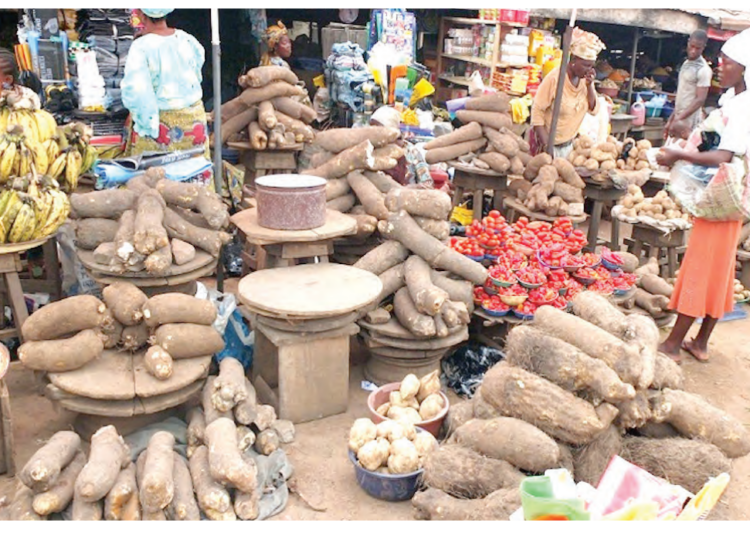As Nigeria joins the rest of Africa to commemorate the 16th Africa Day for Food and Nutrition Security, humanitarian and development organisations have raised the alarm over worsening levels of hunger and child malnutrition across the country, especially in the northern states.
Speaking at a media briefing in Abuja, the country director of Save the Children International (SCI) Nigeria, Duncan Harvey, said Katsina and several northern states were among the worst affected by food insecurity and malnutrition, with some centres recording alarming numbers of admissions.
“In one particular centre in Katsina run by Doctors Without Borders (MSF), they were recording about a thousand child admissions per day.
“Without life-saving treatments being provided by agencies, many more children would be dying from malnutrition across northern Nigeria,” Harvey said.
He noted that the situation reflects a deepening national crisis, citing official figures showing that 31 million Nigerians are currently facing crisis levels of food insecurity (IPC Phase 3 and above).
These figures, he said, are validated by the Nigerian government and its partners, including the United Nations.
Harvey attributed the worsening situation to multiple factors such as conflict, displacement, rising food prices, climate change, and limited access to farmlands due to insecurity.
“The six states of focus, including those in the North-East and North-West, have been affected by both conflict and climate-related challenges. The result is a serious food crisis this year,” he added.
Also speaking, the director of Programme Quality and Influencing at Plan International Nigeria, Dr Helen Idiong, called for stronger political commitment and enforcement of existing policies to address hunger and malnutrition.
“Nigeria has many policies, but how well are these policies translated into action? We need to tackle insecurity, support farmers with inputs and storage, and ensure that food and nutrition security are treated as fundamental human rights” she asked.
She lamented that despite repeated calls for action, thousands of children continue to die each year from preventable causes of malnutrition.
“Each number represents a human being. When we say 1,000 children are likely to die, it could be your child or your neighbour’s child,” she said, appealing for long-term funding and sustained interventions.
The country director of Action Against Hunger Nigeria, Thierno Samba Diallo, urged the media and the public to take a more active role in spotlighting the crisis.
“This is real. Go to Sokoto, Katsina, Borno, and other affected areas and see what is happening. The government is making efforts, but the scale of the crisis demands stronger international solidarity and collective action,” Diallo said.
He stressed the need for improved collaboration between the Nigerian government, humanitarian partners, and the private sector to address the root causes of food insecurity and strengthen resilience among vulnerable communities.
The Africa Day for Food and Nutrition Security, established by the African Union in 2010, aims to highlight the importance of ending hunger and malnutrition across the continent.
This year’s theme focuses on “Strengthening Food Systems and Achieving Zero Hunger through Collaborative Action and Investment.”
Participants at the event called for urgent joint interventions between now and December to prevent the estimated 600,000 children under five at risk of severe malnutrition across the country from dying needlessly.
They urged the federal and state governments to scale up support for nutrition-sensitive programs, ensure local production of fortified foods, and adopt shock-responsive safety nets to protect the most vulnerable households.
“Hunger is not just a lack of food. It is a violation of dignity, health, and the rights of our children. No child should die from hunger, not today, not tomorrow, not ever,” Dr. Idiong emphasised.





